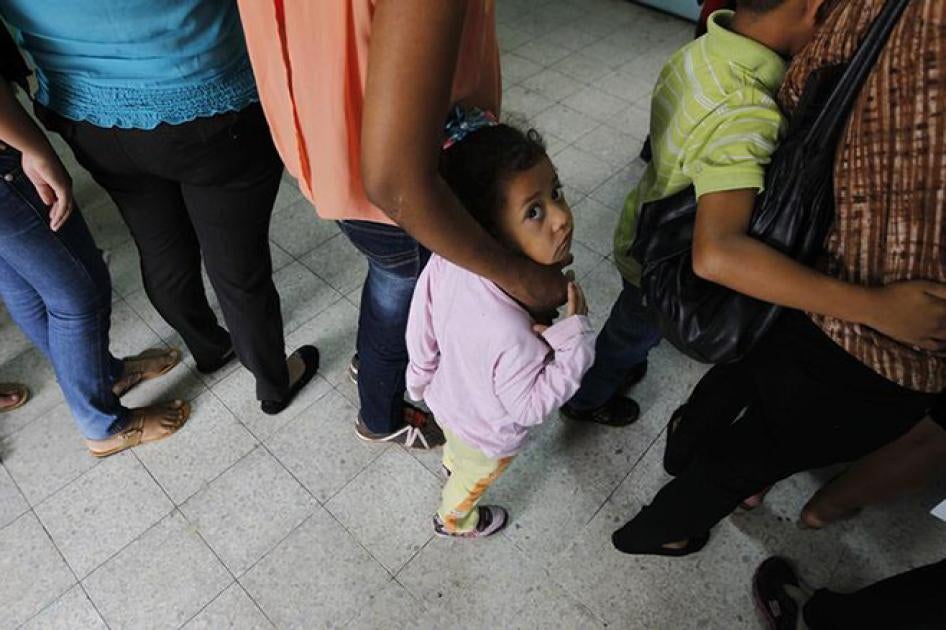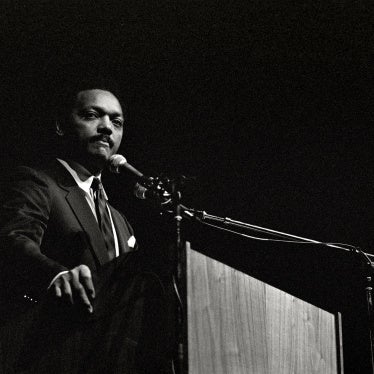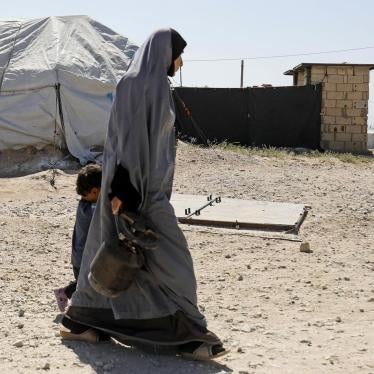Yesterday, the new federal advisory committee created to address issues on immigrant family detention centers met for the first time in Washington, DC.
When a committee member asked director of United States Immigration and Customs Enforcement (ICE) Sarah Saldaña – who swore the committee in – about her goals for family detention, she responded, “improvement.”
The question is, can you “improve” a practice that’s so abysmal it shouldn’t exist in the first place?
ICE announced the committee’s formation in May as part of an insufficient set of reforms. These followed an explosive growth of the detention of children, including infants, with their mothers, in what is known as “family detention” in the US. The committee is comprised of a number of experts and advocates in the fields of childhood education, mental health, immigration, and corrections.
At the beginning of last year, ICE was only detaining a handful of families – less than 100 people – in a small facility near Reading, Pennsylvania. After an influx of families trying to enter the US through the Mexican border that summer, the US government began expanding its family detention capacity exponentially, which now has about a 3,200-bed capacity.
The US government has justified its decision to ramp up family detention as necessary to deter other families from trying to enter the US. However, a federal judge in February barred the US from using “deterrence” as a justification for family detention. Then, in July, another judge found that the US was violating a longstanding settlement by keeping children in detention. ICE announced further reforms to its family detention programs in September.
There’s a pattern here: The US is trying to grow its family detention programs and the courts are pushing back. There’s good reason to push back – it’s never in children’s best interests to detain them. In the very few exigent circumstances when detention of a child is necessary, it should be as a last resort, for the shortest appropriate amount of time, and subject to strict time limits.
The advisory committee will undoubtedly be looking at important considerations for families, even if detained for a very limited time – trauma-informed care and mental health services, access to counsel, and education.
Beyond a mandate to look at “improvement” of family detention, the committee should strongly consider one more: its abolition.









